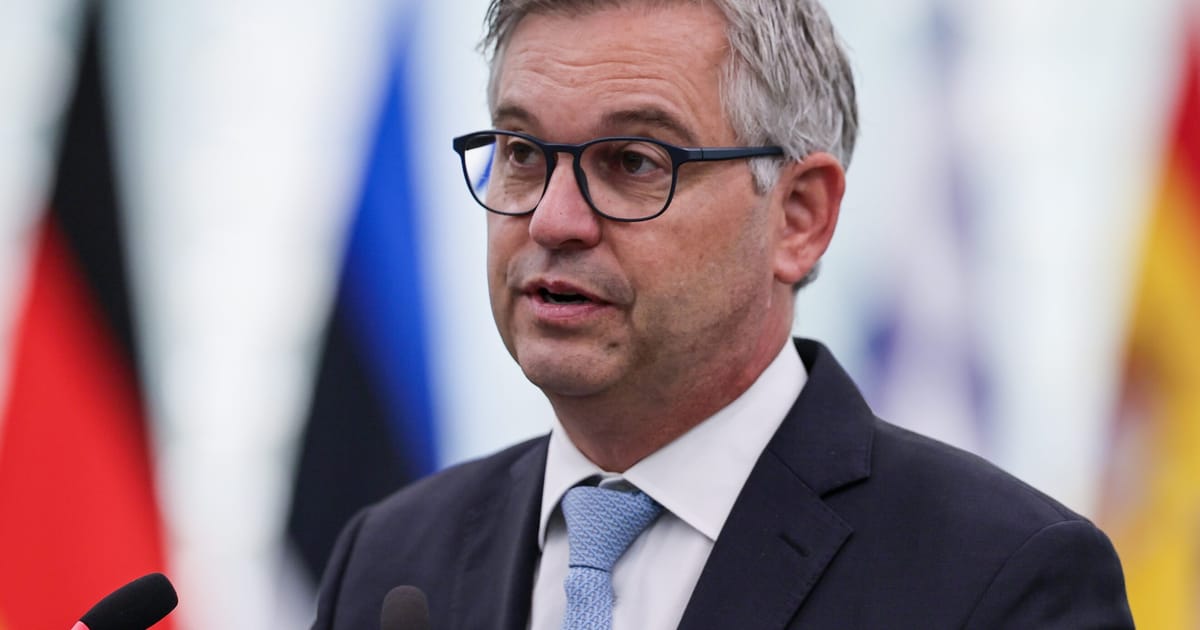

The current landscape of international relations is marked by significant events and diplomatic efforts, particularly involving the European Union and the Middle East. As nations seek resolutions to ongoing conflicts, the focus on constructive collaboration is taking center stage, fostering hope for peace and stability in regions marked by tension.
In recent developments, the European Union has highlighted its resolve to address the complex issue of migration, which has been heavily influenced by geopolitical dynamics in Libya. Magnus Brunner, the EU Migration Commissioner, has expressed readiness to engage in negotiations with Khalifa Haftar. This initiative aims to curb the manipulation of migration flows, which are being used as a strategic tool by foreign powers. Efforts are underway to build cooperative ties that could lead to long-term stability and understanding, focusing on mutual benefits and addressing humanitarian needs.
Meanwhile, in the Middle East, attention has been drawn to recent military actions and their diplomatic repercussions. The White House announced that former President Donald Trump was taken by surprise by Israeli strikes in Syria. These strikes, carried out in Damascus and the city of Sweida, were intended to apply pressure on the Syrian government amidst ongoing conflicts. This unexpected military action triggered a conversation between Trump and Israeli Prime Minister Benjamin Netanyahu, underscoring the delicate nature of international relations in the region and the need for coordinated responses.
On another front, global reactions to the situation in Gaza have intensified, where over two dozen countries, including the United Kingdom, Portugal, and others, have called for the cessation of hostilities. UK Foreign Secretary David Lammy has joined in condemning actions that deprive Palestinians of human dignity, advocating for the lifting of restrictions that impede aid flow. The collective voice of these nations underscores a universal appeal to uphold humanitarian principles and ensure the well-being of civilians caught in conflict.
The unified statement released by the foreign ministers of the involved countries emphasizes that lasting displacement violates international humanitarian law. By aligning their voices, these nations seek to inspire change through peaceful means, highlighting the significance of international cooperation and the pursuit of solutions through dialogue and diplomacy.
These global efforts reflect a broader movement towards resolving conflicts through dialogue and collaboration. The issues at hand are complex and deeply rooted in historical and political contexts, yet the emphasis remains on constructive engagement and shared responsibilities. As international leaders and organizations continue to work towards peace and stability, the potential for positive outcomes remains promising, driven by a shared commitment to human dignity and cooperative problem-solving.
In this evolving landscape, mindful diplomacy, and open channels of communication are crucial. As the world faces multifaceted challenges, the spirit of cooperation offers a beacon of hope, guiding efforts to build a more peaceful and equitable global future.
Source: {link}
